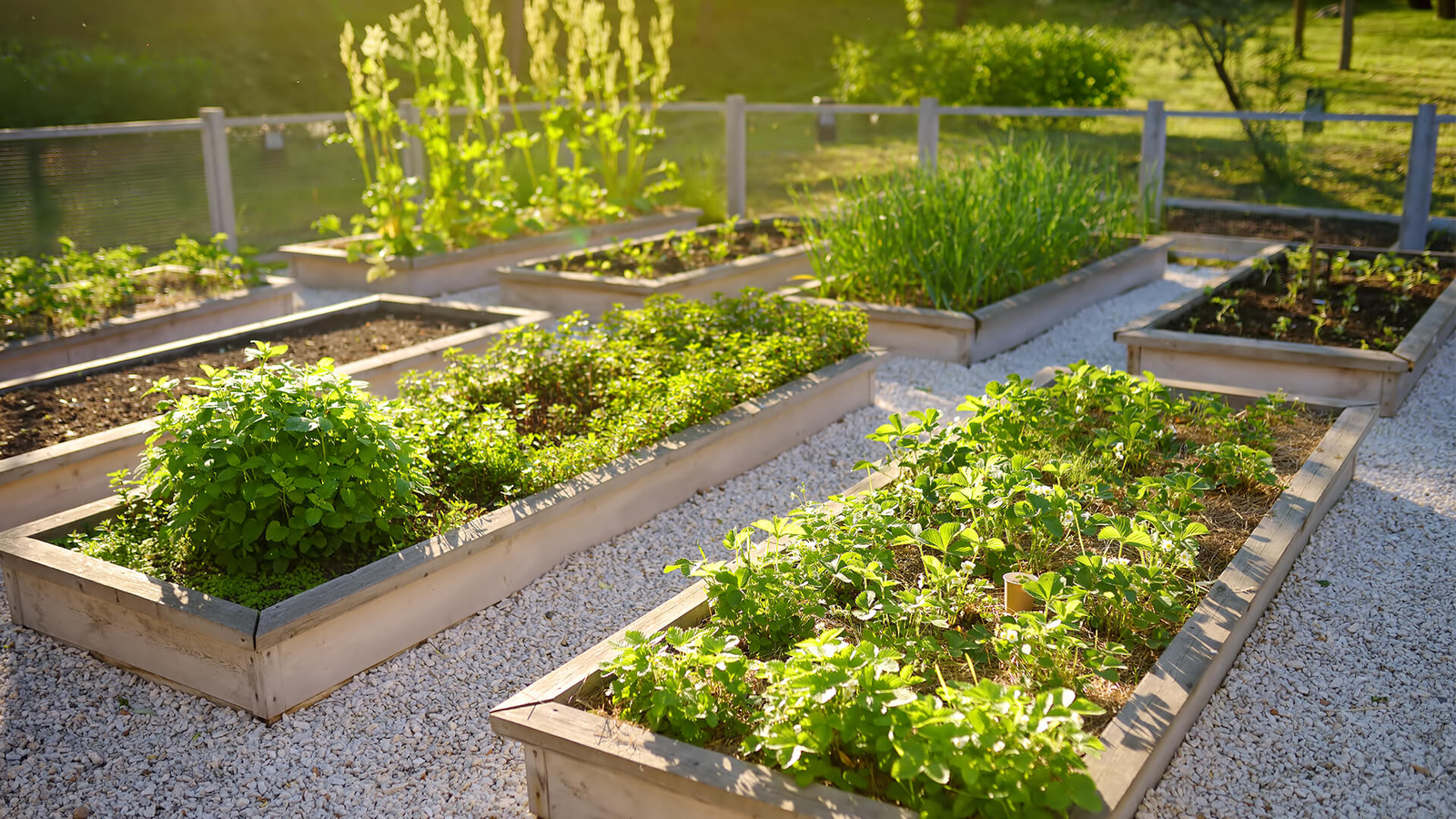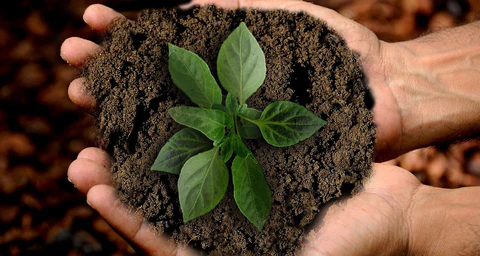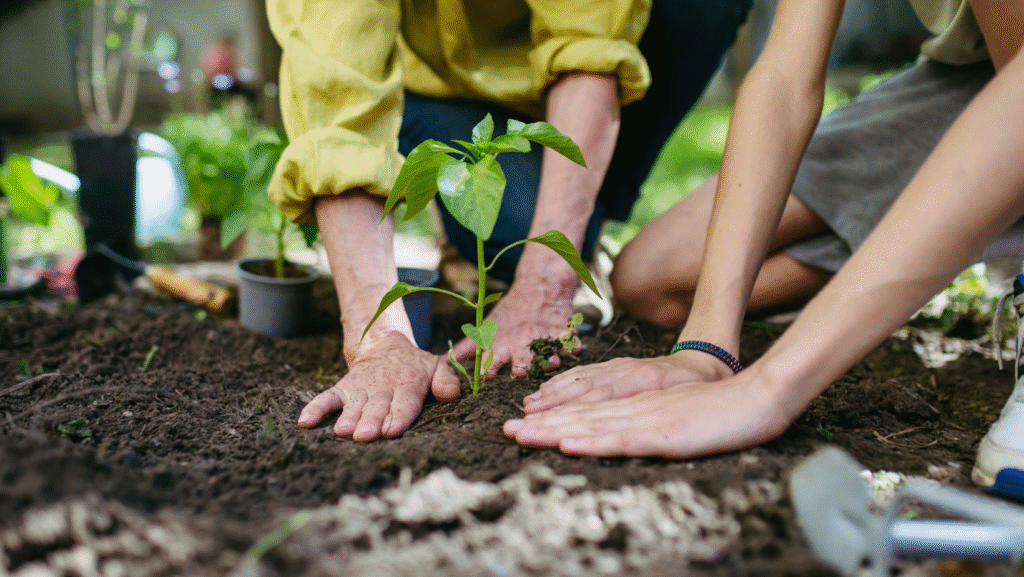
Sustainable gardening is more than a trend. In 2025, it’s becoming a way of life for people who want to grow plants, vegetables, and herbs while protecting the planet. With climate change concerns, rising food prices, and water shortages affecting many areas, eco-friendly gardening offers a smart solution that blends beauty with responsibility.
Across cities and small towns alike, homeowners, schools, and even office spaces are embracing sustainable gardening techniques. These methods not only support the environment but also promote health, save money, and reduce waste.
Let’s dig into what makes gardening sustainable, why it matters now more than ever, and how anyone can start even without a big backyard.

Sustainable gardening means using natural methods to grow plants without harming the earth. It focuses on reducing waste, protecting soil and water, and encouraging biodiversity (having many kinds of plants, insects, and animals in one area). This type of gardening avoids harmful chemicals and focuses on long-term care.
Instead of just planting for looks, sustainable gardening helps nature work better. That includes growing local plants, composting kitchen scraps, using water wisely, and attracting helpful insects like bees and butterflies.
Want to start a sustainable garden? Here are some simple but powerful steps:
1. Compost Everything You Can
Instead of throwing away kitchen scraps like fruit peels, eggshells, and coffee grounds, turn them into compost. Compost improves soil quality, adds nutrients naturally, and reduces landfill waste.
2. Choose Native Plants
Local plants are best suited to your area’s weather. They need less water, fewer chemicals, and offer food and shelter for local wildlife.
3. Use Water Wisely
Install drip irrigation systems, collect rainwater in barrels, and water early in the morning. Mulch around plants to keep the soil moist longer.
4. Say No to Chemicals
Avoid chemical fertilizers and pesticides. Use natural alternatives like neem oil, garlic spray, and compost tea. These keep your garden healthy without harming insects, soil, or water.
5. Attract Helpful Insects
Not all bugs are bad. Bees, ladybugs, and butterflies help your garden grow. Grow flowers like marigold, lavender, and sunflowers to attract them.
6. Grow Your Own Food
Even a small space can grow herbs like mint, basil, or coriander. Try tomatoes, spinach, or chilies in pots. Organic food from your garden tastes better and is safer.
7. Reuse and Recycle
Old buckets, bottles, wooden crates, and tires can become planters. Save water from washing vegetables to water your garden. Use broken pots as plant markers.
Not everyone has a yard but that doesn’t mean you can’t garden. In apartments and cities, balcony and rooftop gardens are becoming very popular.
Use vertical planters or hanging baskets. Grow small plants in reused containers. Add compost made from kitchen waste. Use shade nets and automatic watering systems to manage sun and heat.
These tiny gardens help cool your home, reduce dust, and improve air quality. They also offer a calm escape from busy urban life.
In many cities, schools are building eco-gardens where children grow vegetables and flowers. It teaches them about sustainability, science, and healthy eating. Community gardens are also growing—where neighborhoods work together to grow food and share the harvest.
These group projects help people bond and build cleaner, greener neighborhoods.
Yes, even gardening is going digital. In 2025, people are using apps and smart devices to track their garden’s progress. Some apps give tips on when to water, plant, or harvest. Smart sensors can measure soil moisture and sunlight. These tools help reduce waste and improve garden care.
Some gardeners even use solar-powered tools, such as automatic watering systems and garden lights.

Apart from personal health and environmental gains, sustainable gardening also creates jobs. Organic farming, compost supply, garden design, and eco-friendly plant nurseries are growing industries.
Many young entrepreneurs now sell DIY gardening kits, balcony garden setups, and composting tools online. Gardening is no longer just a hobby it’s a small but growing economy.
You don’t need to be an expert or have a huge space to practice sustainable gardening. Even a few pots of herbs on your kitchen window can make a difference.
This year, make your garden a place that gives back to you and the earth. By using water wisely, planting smartly, and caring for the soil, your garden becomes more than beautiful. It becomes sustainable.
So, whether you are a beginner or a lifelong plant lover, start small and grow green. The planet and your pocket will thank you.
Read More:- Shobha Realty Launches Its Most Luxurious Project Yet—Full Details Inside 2025
